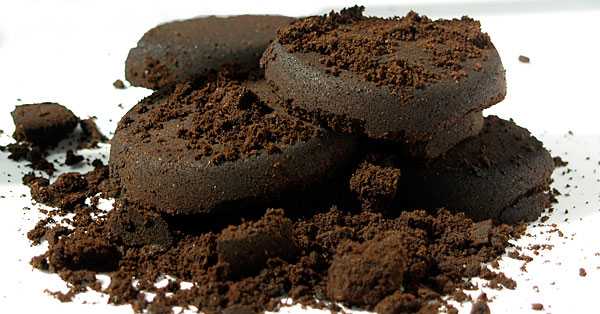SEOUL, South Korea – The Ministry of Environment of South Korea has signed an agreement with Incheon Metropolitan City, Gyeongsangbuk-do, Korea Productivity Center, Korea Green Foundation, and Hyundai Steel to recycle spent coffee grounds.
Ground coffee waste, which used to be sent to landfills, will be reused as sawdust substitute or deodorant using microbiome fermentation through the pilot project.
The signatories will further develop mutual cooperation to reduce waste disposal costs and amounts, odors in livestock farms, and animal waste management costs.
Under the agreement, the Ministry of Environment will provide supports for policies, systems, publicity, and education related to coffee grounds recycling. Incheon metropolitan city will support the collection and delivery of coffee waste. At the same time, Gyeongsangbuk-do will provide deodorant and recycled coffee grounds to livestock farmers.
The pilot project will analyze the environmental and economic effects of the entire process, including discharge, collection, delivery, recycling, production, supply, and reuse.
The Ministry believes that recycling 200,000 tons of coffee grounds will save up to 20 billion won (US$16.7 million) in waste processing costs. It will also save up to 25 billion won in animal waste disposal.
The pilot project will be environmentally effective by helping reduce carbon emissions (338㎏/ton), greenhouse gases (methane), costs for reducing odors.
Oh Jong-hoon, head of Municipal Waste Management Division of the Ministry of Environment, stated, “Ground coffee waste not only contains abundant nutrients but also is highly effective in deodorizing as it decreases over 90% of odor from livestock excreta within a week.” He also added, “As an effort to achieve carbon neutrality by 2050, I hope this pilot project would set as a leading example for minimizing the disposal of coffee waste by transforming it from waste to resource.”


















